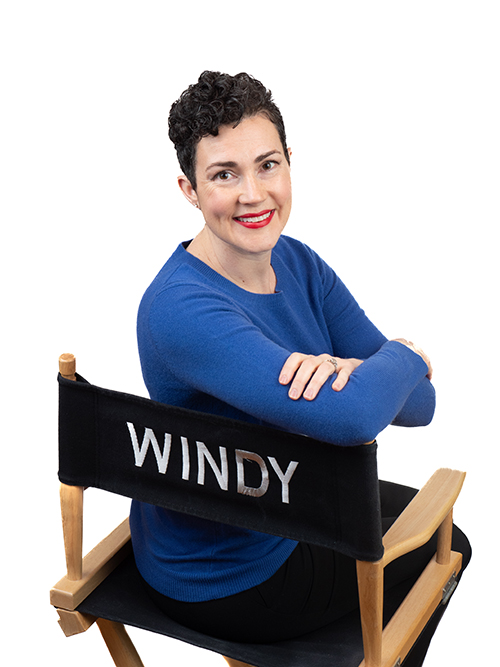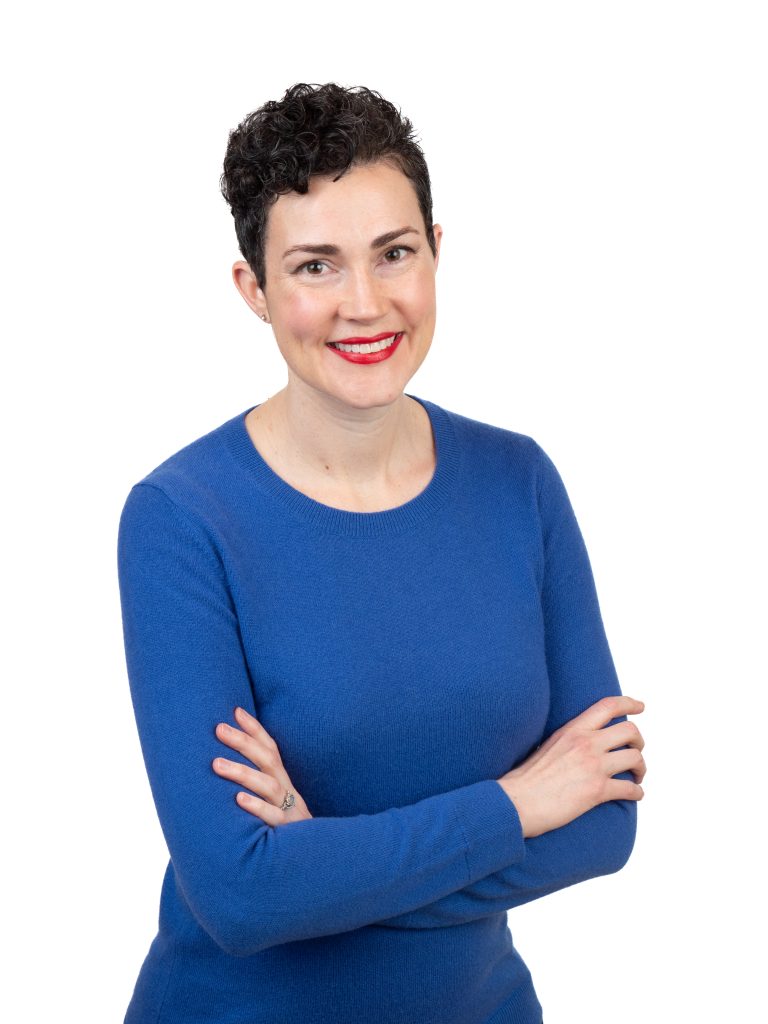I’ve been reflecting on allyship recently. For me, allyship is an active state, not a passive one, and it requires listening, learning, and re-learning.
This year, Women’s History Month takes on new meaning for me as we have already seen several women make history in 2021:
- Kamala Harris is the first female, Black, and South Asian Vice President in the United States.
- Amanda Gorman is the youngest inaugural poet and her poem “The Hill We Climb” continues to move audiences around the world. Watch it again.
- Chloe Zhao is the first Asian woman and only the second woman to win Best Director at the Golden Globes–over 20 years after Barbara Streisand won.
While we celebrate these accomplishments during Women’s HERstory Month, I also can’t help but ask, How can we continue to value the work, vision, and voices of womxn?
As Vice President Harris famously stated in her victory speech, “I may be the first woman to hold this office, but I won’t be the last.” And she must not be. If our work stops when the “glass ceiling” is shattered, we miss the opportunity to create an equitable future where there are no limits for anyone.
As I see it, being an ally involves celebrating womxn’s accomplishments and matching that enthusiasm with work to change the systems that keep marginalized people out of positions of power. Movements don’t move if only a few succeed. We must change the rules so they are fair for everyone, and that means using whatever privilege we have to build a better tomorrow for all. In other words: if you have a seat at the table, bring more chairs for the people who have been excluded.
Jane Fonda’s speech at the 2021 Golden Globe Awards amplified this call to action. Her full speech is worth reading if you missed it, but here is an excerpt:
Stories: They really… can change people.
But there’s a story we’ve been afraid to see and hear about ourselves in this industry. A story about which voices we respect and elevate — and which we tune out.
A story about who’s offered a seat at the table and who is kept out of the rooms where decisions are made.
So let’s all of us — including all the groups that decide who gets hired and what gets made and who wins awards — let’s all of us make an effort to expand that tent. So that everyone rises and everyone’s story has a chance to be seen and heard.
John Lewis stated his call-to-action another way: “When you see something that is not right, not fair, not just, you have to speak up. You have to say something; you have to do something.”
As I reflect on how I can use my voice and actions for social good as a film producer/director and business owner, I realize I do not [currently] have an awards stage. And yet, my day-to-day decisions can be a part of movement building. From what projects we produce, who we hire, and how much we pay them, to the environments I create on & off set, these can all be part of the work to make film more inclusive—but we can’t stop there.
Breaking the “inclusivity” glass ceiling is not the only goal; our BIG Goal should be ending violence, discrimination, harassment, and coercion everywhere, so that everyone feels safe and supported at work, at home, and in society at large.
How do we get there? It will take time, commitment, and everyone doing their part. As Tarana Burke, the Founder of the #MeToo Movement, recently wrote on Instagram:
The reality is our work is ongoing and consistent no matter who is covering it… It will take MULTIPLE interventions in order for us to see progress in the fight against sexual violence. It will also take time, and a lot of commitment. This movement isn’t over nor irrelevant as long as there are still survivors needing support and people causing harm. It’s relevant to our safety and well-being, it’s relevant to our country’s survival and to our personal survival. All of us.
The Future is Female. And it is bright. As Amanda Gorman tells us, “There is always light, if only we’re brave enough to see it. If only we’re brave enough to be it.”
—–
Photo Caption: “Mary Janes: The Women of Weed” Film Cast from Left to Right: Madeline Martinez, Director Windy Borman, Sara Batterby, Leah Maurer. Photo by Samuel Schoeniger.

